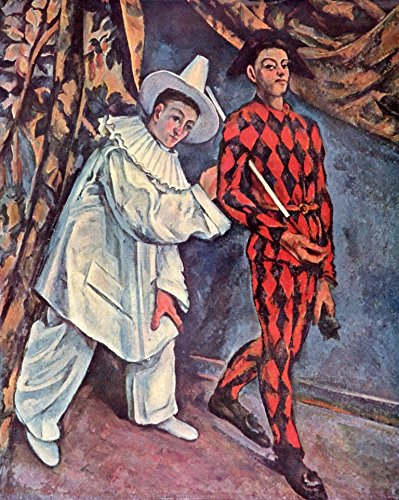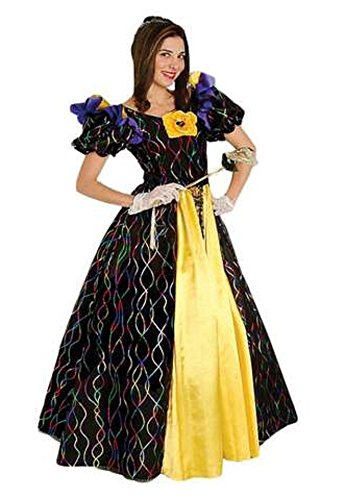Long associated with the City of New Orleans, Mardi Gras - or "Fat Tuesday" - is the final day of Carnival, which begins on the Feast of the Epiphany, or January 6..
Also known as Three Kings' Day or Twelfth Night, January 6 celebrates the arrival of the three kings at Jesus' birthplace. Epiphany, consequently, is a Christian feast day that celebrates the revelation of God the Son as a human being in Jesus Christ. In New Orleans and elsewhere, Carnival begins simultaneously.
The festival has its roots in various pagan celebrations of spring, dating back 5,000 years. Pope Gregory XIII made it a Christian holiday when, in 1582, he put it on his Gregorian calendar. He placed Mardi Gras on the day before Ash Wednesday, the first day of Lent. That way, all the debauchery would be finished when it came time to fast and pray.
Much of the first part of the Carnival season in New Orleans is invitation-only coronation balls and supper dances hosted by private clubs known as krewes. The public portion comes to life a couple of weeks before Mardi Gras when the krewes hit the streets, staging more than 70 parades in metropolitan New Orleans. It is sometimes referred to as " the biggest free show on earth."


